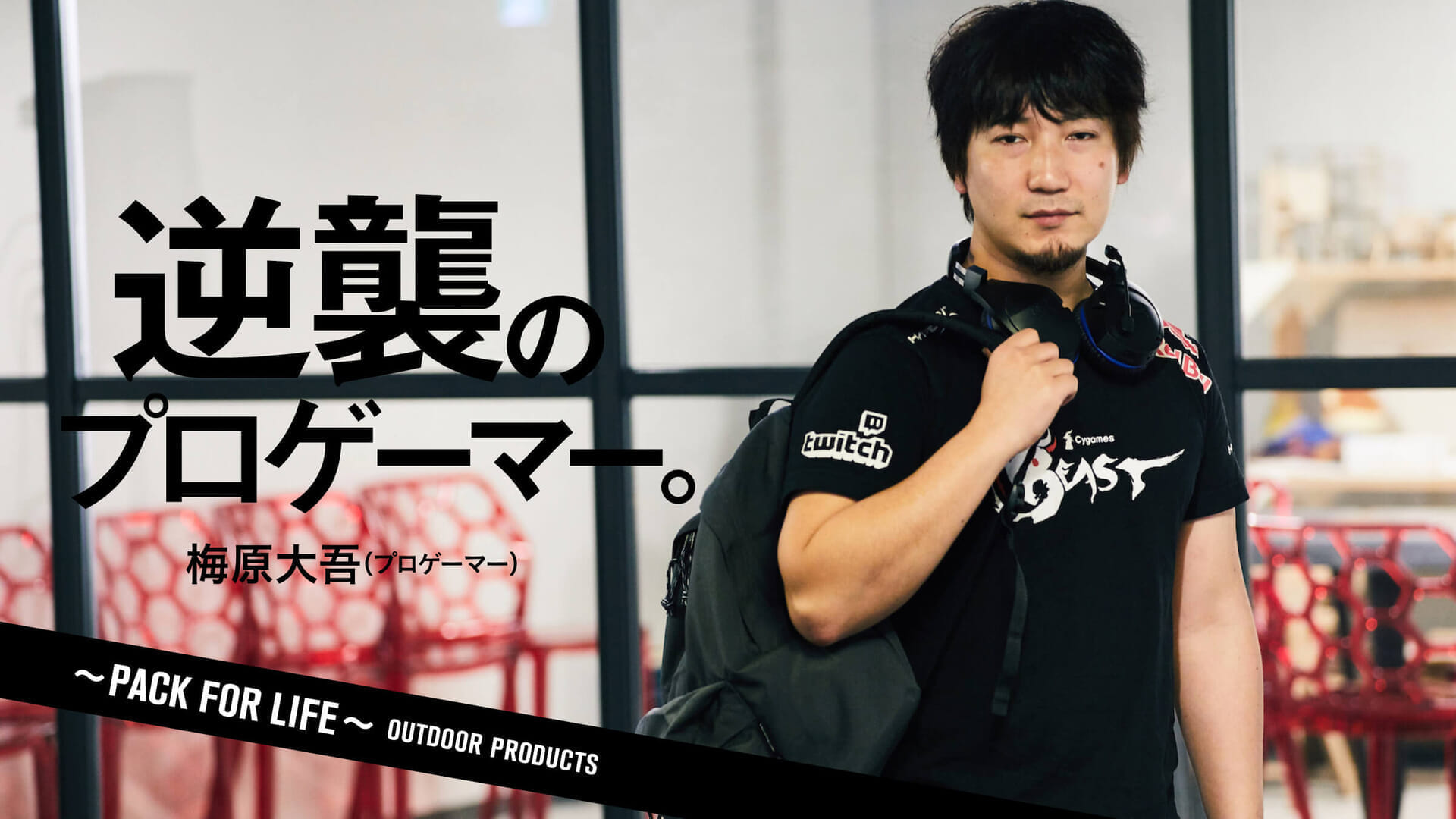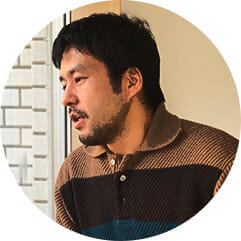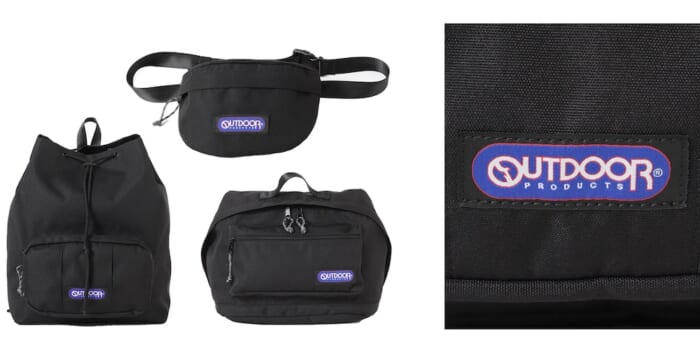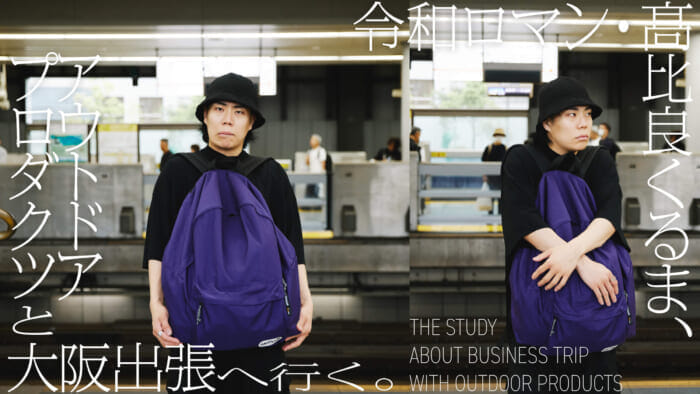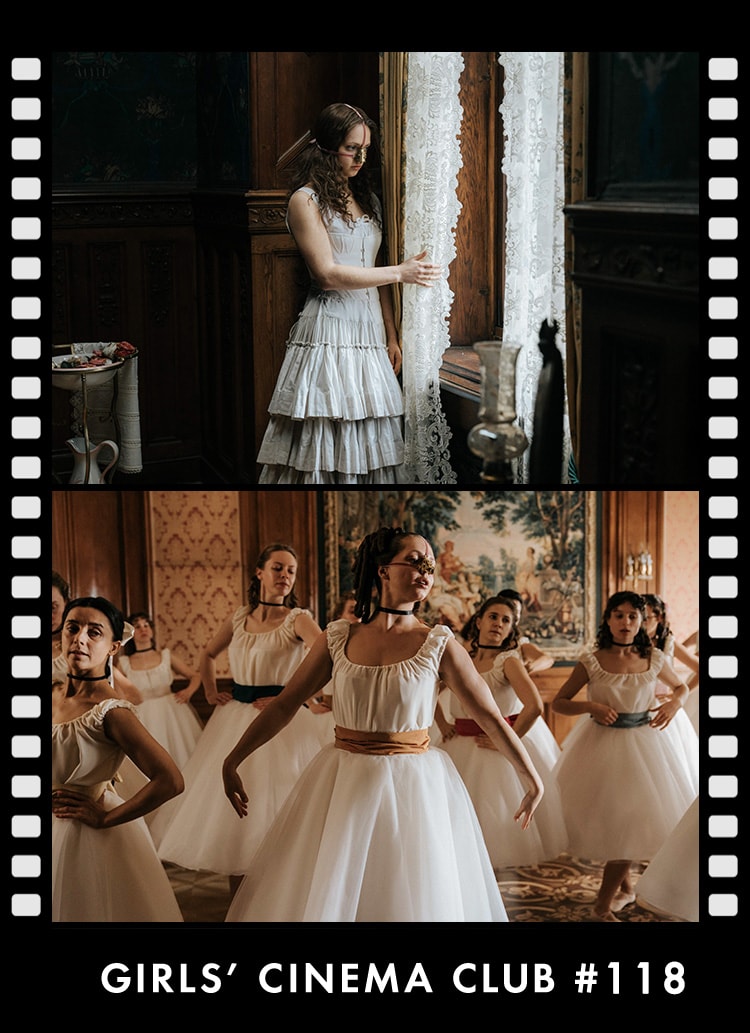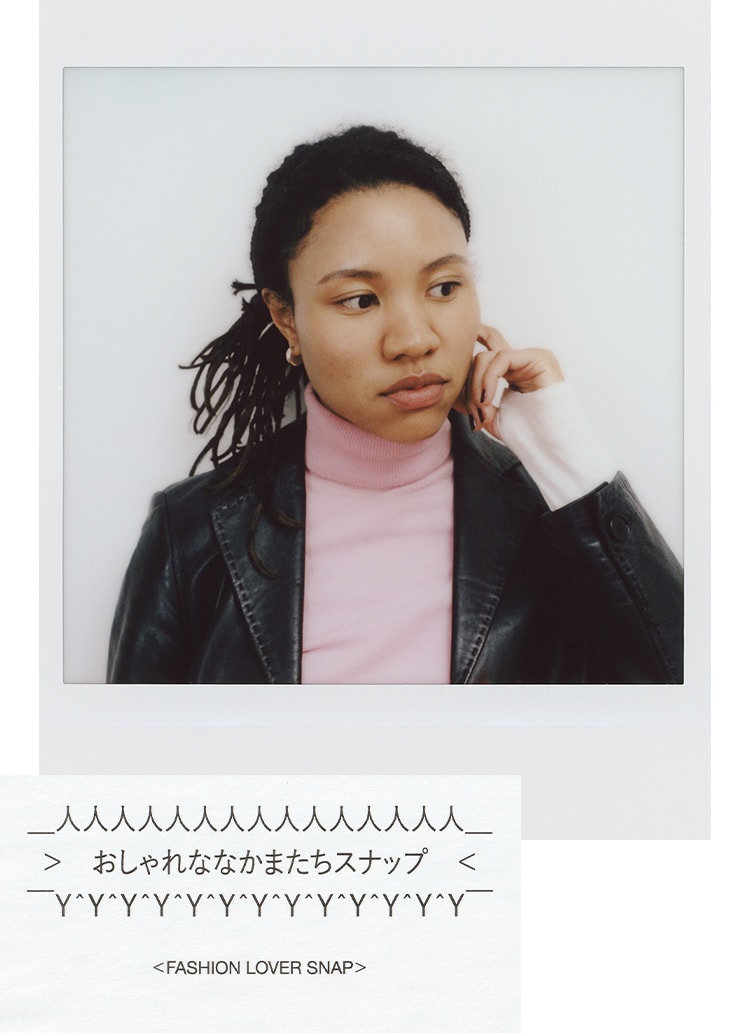Where do you look at the screen when you play a game?
How exactly did you refine it?
Umehara:I think it is fair to say that this is a skill I have acquired over the past 10 years, but I have become better at finding issues. I think I have developed a perspective that allows me to see things that others don't see as challenges as challenges. This is also related to boredom. For example, when you play a fighting game, what do you look at on the screen?
Well, I was never conscious of the characters I use as the center of the screen, or the entire screen, .......
Umehara:If that is the case, then you should consciously look at only the bottom half of the screen, or the top half, or follow the opponent's character with your eyes all the way to the top. Just by changing "where to look" you can enjoy playing. I try to look at the whole game from my experience, but I can respond to detailed movements better if I stare at the opponent's character. However, when I do this, I cannot see other information on the game screen, such as the strength gauge. The point is that it depends on the situation, but I am good at questioning whether what I am doing is really correct or not. I am very good at questioning what I am doing by feel, "Is that really correct? I can also find a lot of issues that need to be addressed, not only in the way I look at the screen, but also in the technical and strategic aspects of the day.

I usually bring a backpack type like this.
Can I also ask you about the technical aspects?
Umehara:For example, suppose the character I use is cornered at the edge of the screen. Up until now, I have been trying to figure out a way to escape while attacking, but I would set a rule and try to escape, such as "Today, let's try to escape without making any moves at all.
You would stay on the edge, guarding your opponent's attacks, and then jump when you saw an opening.
Umehara:Yes, yes. However, such choices are also "somewhat" made. Most people, including myself, are probably vague about these choices, but I try to be thorough about it. If it doesn't work with only jumping, then try using only weak punches, and so on. At first glance, this may seem like useless data, but the amount of data wasted becomes the stock of the play. Even if the result is "I tried this but it didn't work," it is very important to have that "it didn't work" data in your mind.
It goes hand in hand with what you said earlier about "detouring.
Umehara:That's exactly what it is, and when you get into that situation in the real world, you can say, "I can't do this here. Then, I can apply it to ......." It stays with me and becomes a part when I apply it. If you are conscious of collecting parts, you will never get bored of it, and you will always make discoveries when you are doing it with that sense.
How did you acquire the skill or habit of questioning what is taken for granted?
Umehara:My father had a great influence on me. One day, my father said to me, "Listen, there are a lot of things in the world that used to have a good meaning, but have somehow lost their meaning, and we act without realizing it. I think those words are still alive in my game play.
outdoor products
Customer Center
Phone: 06-6948-0152
www.outdoorproducts.jp


